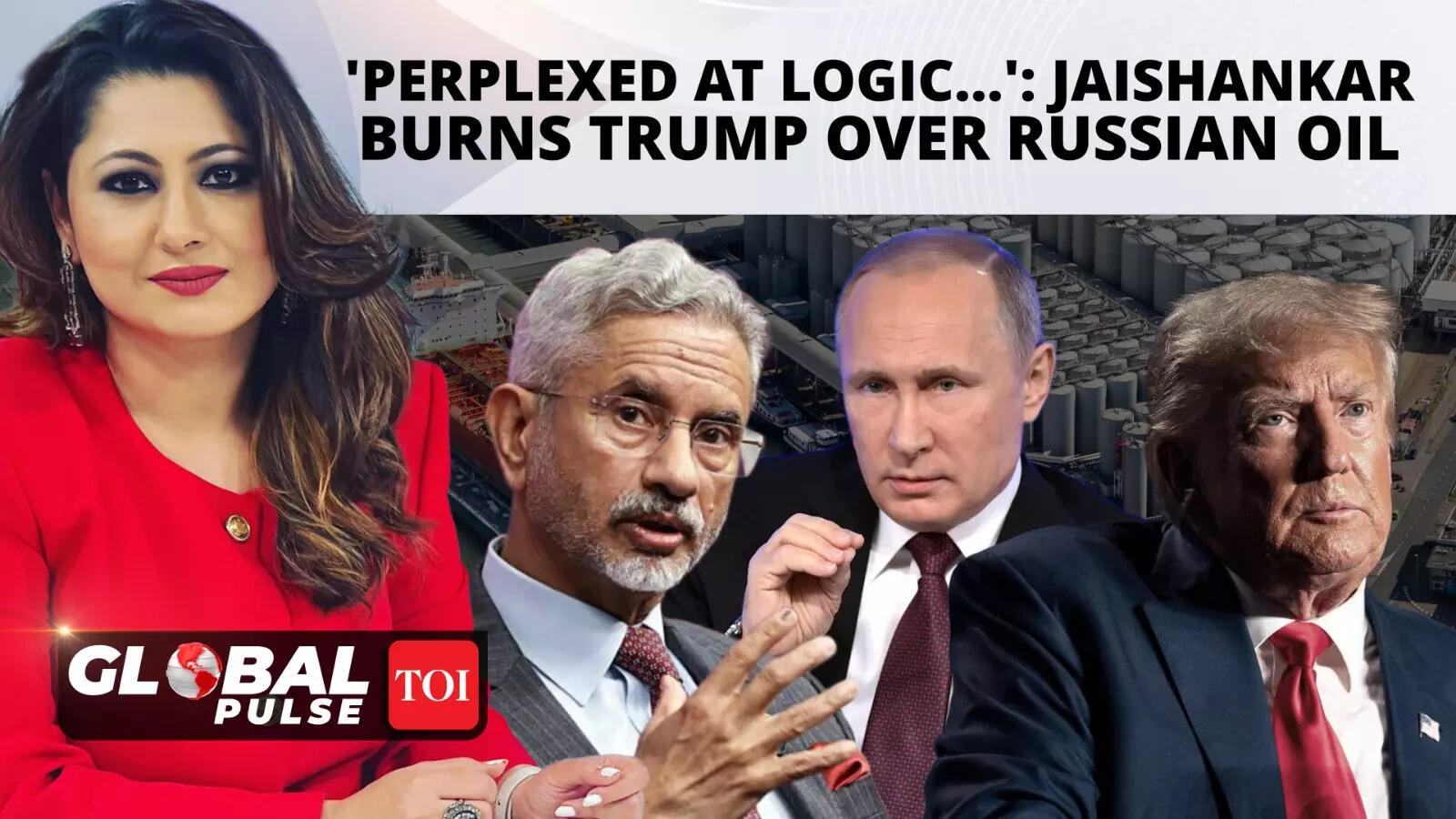Politics
Jaishankar Challenges Trump Tariffs During Moscow Visit

During a recent visit to Moscow, Indian Minister of External Affairs Subrahmanyam Jaishankar criticized the tariffs imposed by the United States under President Donald Trump. Jaishankar’s remarks focused on the perceived irrationality of the U.S. approach, particularly its punitive tariffs targeting India. This diplomatic exchange highlights the growing tensions between India and the U.S. regarding trade policies.
China Stands in Solidarity with India
On the same day, the Chinese Ambassador to India, Xu Feihong, expressed solidarity with India by condemning the tariffs. He referred to the 50% tariffs levied by the Trump administration, stating, “it’s important not to succumb to pressure as that emboldens the bully.” Ambassador Xu emphasized the need for cooperation between India and China, declaring, “India and China are partners not rivals and will manage their differences through dialogue.”
This statement from China reflects a strategic alignment with India against U.S. trade policies, indicating a potential shift in diplomatic relations in the region. The ongoing tariffs have sparked a broader conversation about international trade practices and the balance of power in Asia.
Diplomatic Ramifications
Jaishankar’s comments represent a significant pushback against U.S. economic measures that many in India see as unjust. His critique of the Trump administration’s logic underscores the complexities of global trade and the varying perspectives of countries involved. The tariffs have not only affected economic relations but also influenced diplomatic ties between these nations.
As India navigates this challenging landscape, it remains crucial to assess the implications of these tariffs on both domestic industries and international relations. The ongoing dialogue among India, China, and the U.S. will likely shape future trade agreements and partnerships in the region.
The U.S. has defended its tariffs as necessary for protecting domestic industries, but the backlash from both India and China suggests a growing consensus against unilateral trade actions. As the situation unfolds, the international community will be watching closely to see how these dynamics evolve.
-

 World5 months ago
World5 months agoSBI Announces QIP Floor Price at ₹811.05 Per Share
-

 Lifestyle5 months ago
Lifestyle5 months agoCept Unveils ₹3.1 Crore Urban Mobility Plan for Sustainable Growth
-

 Science4 months ago
Science4 months agoNew Blood Group Discovered in South Indian Woman at Rotary Centre
-

 World5 months ago
World5 months agoTorrential Rains Cause Flash Flooding in New York and New Jersey
-

 Top Stories5 months ago
Top Stories5 months agoKonkani Cultural Organisation to Host Pearl Jubilee in Abu Dhabi
-

 Sports4 months ago
Sports4 months agoBroad Advocates for Bowling Change Ahead of Final Test Against India
-

 Science5 months ago
Science5 months agoNothing Headphone 1 Review: A Bold Contender in Audio Design
-

 Top Stories5 months ago
Top Stories5 months agoAir India Crash Investigation Highlights Boeing Fuel Switch Concerns
-

 Business5 months ago
Business5 months agoIndian Stock Market Rebounds: Sensex and Nifty Rise After Four-Day Decline
-

 Sports4 months ago
Sports4 months agoCristian Totti Retires at 19: Pressure of Fame Takes Toll
-

 Politics5 months ago
Politics5 months agoAbandoned Doberman Finds New Home After Journey to Prague
-

 Top Stories5 months ago
Top Stories5 months agoPatna Bank Manager Abhishek Varun Found Dead in Well









